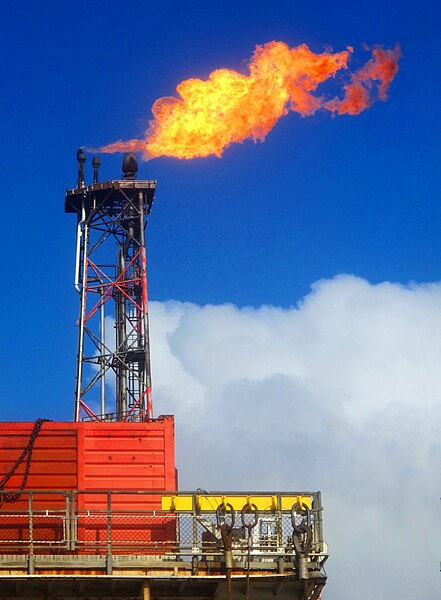The Bristol Student Day for the Bristol Festival of Ideas was all about the future. Cabot Institute director Rich Pancost opened the day with the remark: ‘This is your planet, it is no longer my generation’s’. What he says is true; young people are soon to inherit positions as policy makers, CEOs and decision makers. Student’s visions for the future may soon become a reality, so what are their visions?
 |
| Bristol 2015: Student Day at At-Bristol. Organised by Bristol Festival of Ideas |
The student day was orchestrated to produce a dialogue for the University of Bristol and UWE student’s opinions on some of the planet’s greatest problems. The thoughts generated will become part of Bristol’s message to the world in at the COP21, a global sustainable innovation forum in Paris later this year.
The discussions ranged from local cycling routes to global overpopulation. The breadth of topics covered meant discussions oscillated between worldwide concerns and university-based issues. Regardless of scale, the prevailing desire was for increased suitability for the future generations.
 |
| Bikes parked at the University of Bristol. Image credit: Emily Gillingham |
On a university level the participants expressed discontent with the institution’s reliance on fossil fuels with many agreeing they would like to see increased investment in sustainable energy for their organisations. Financial returns from green energy may be long term but if any institution can expect longevity it’s a university- why should their energy solutions not reflect that?
Waste reduction was an additional point for local improvement with participants venturing ideas such as a ban on single use coffee cups and increased recycling opportunities on campus. There was no shortage of creative ideas, the main issue was implementation and education; how can young people convince their less green-minded peers that such schemes are essential? Food waste was of additional concern, with unanimous support for schemes such as the Bristol Skipchen. The desire to see projects such as this affiliated with the university was a common vision.
Naturally, food was an issue close to the heart of many students and discussion quickly progressed to agriculture. Organic food was considered a luxury for personal health purposes, but its environmental benefit was surprisingly contentious. Many students believed that large scale, non-organic, industrialised farming is more energy efficient and produces fewer emissions, while others believe smaller organic farms are the future of agriculture.
The boundaries of the discussion were pushed both mentally and geographically as the day progressed. The younger generation’s global responsibilities were also high priority for discussion. Overpopulation in the developing world is putting strain on resources- how can Bristol students help? Food waste reduction was high on the list of solutions, as well as the universal need for more environmentally attractive power solutions, from the first to third world.
The enthusiasm of the participants to build a better, greener and more sustainable future made the discussion both interesting and beneficial. If there is one thing the day has shown, it’s that young people have the desire for long term solutions. After all, it is the millions of small ideas such as the ones discussed in At-Bristol that will shape the future for us all.
————————
This blog is written by Cabot Institute member Keri McNamara, a PhD student in the School of Earth Sciences at the University of Bristol.
Further reading
Ethics and sustainability in University of Bristol catering
Sustainable waste management at the University of Bristol
Read more about all the sustainability initiatives taking place at the University of Bristol




